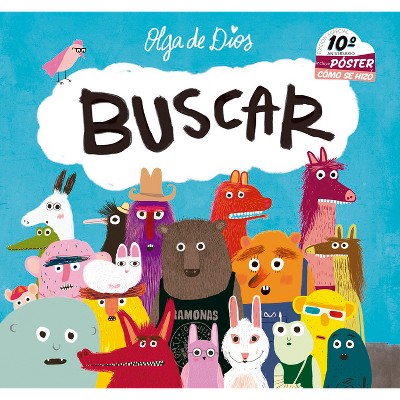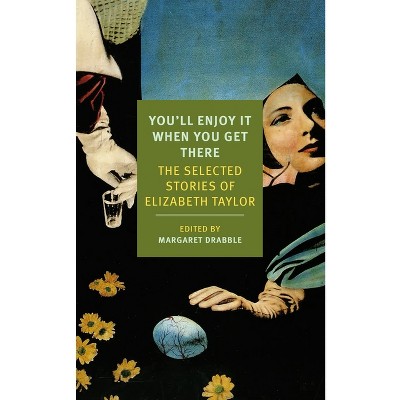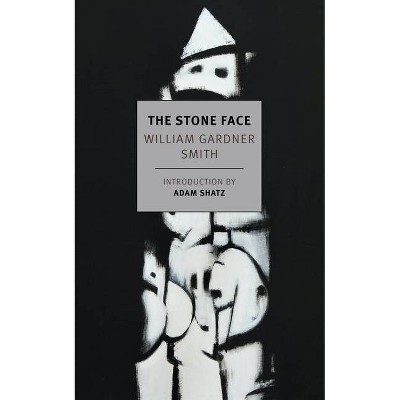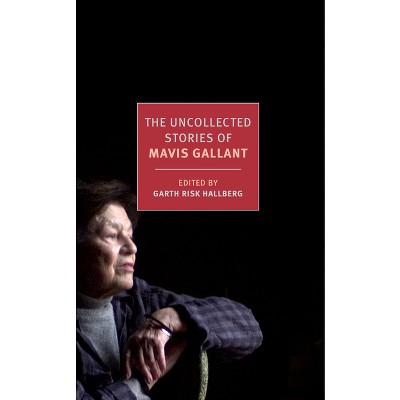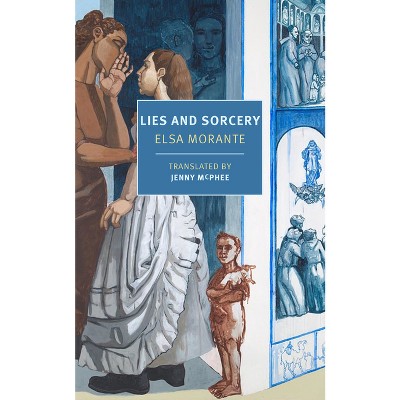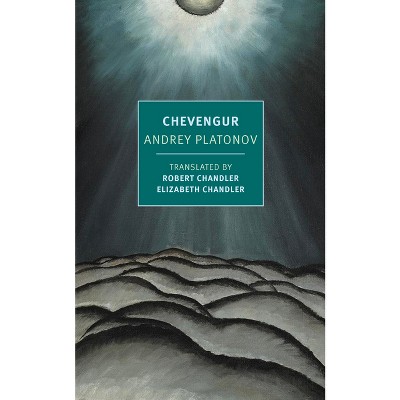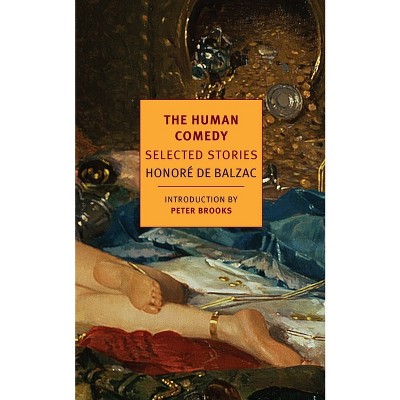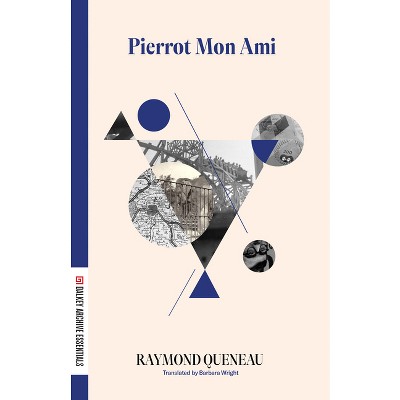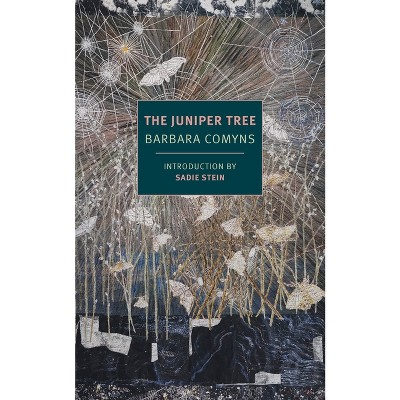Sponsored

The Skin of Dreams - by Raymond Queneau (Paperback)
$10.98Save $5.97 (35% off)
In Stock
Eligible for registries and wish lists
Sponsored
About this item
Highlights
- In this delightful, cinema-inspired daydream of a novel, an identity-shifting protagonist uses the everyday inspirations of his life to catapult himself into the realm of imagination, blurring the boundaries between reality and fantasy.
- About the Author: Raymond Queneau (1903-1976) was born in the French town of Le Havre and educated at the Sorbonne.
- 208 Pages
- Fiction + Literature Genres, Absurdist
Description
About the Book
"Although Loin de Rueil (1944) was Raymond Queneau's ninth novel, it was the first to appear in English when New Directions published it in a translation by H. J. Kaplan in 1948. Nearly eighty years later, Queneau is justly celebrated worldwide for his experimental vision and lexical creativity. Alas, unaware of Queneau's proclivities in the late 40s, Mr. Kaplan approached the novel as one would any old book, focusing on dramatic content and ignoring many of the more playful and signifying flourishes. Using hindsight and specialization to his advantage, translator and scholar Chris Clarke has finally undertaken an all-new translation of this long out-of-print novel by the French co-founder of the Oulipo. In The Skin of Dreams, Queneau tells the two-part story of Jacques L'Aumone: a young man for whom dreams and imagination are the driving force of life, and his alter ego and polar opposite, who attempts to reach true happiness by rejecting dreams in all their forms. The novel is rife with Queneau's exuberant approach to language and features early experimentation with the temporal flexibility that would be further explored over a decade later as "cinâecriture" [cinewriting] by the filmmakers of the French New Wave and the writers of the Nouveau Roman"--Book Synopsis
In this delightful, cinema-inspired daydream of a novel, an identity-shifting protagonist uses the everyday inspirations of his life to catapult himself into the realm of imagination, blurring the boundaries between reality and fantasy. The Skin of Dreams is a novel of waking dreams. Even as he lives his life, Jacques L'Aumône, its hero, daydreams a hundred other possible lives. A few lines on a page, a chance encounter, a remark overheard in passing, any of these are enough to kick things into gear and send him off outside of himself to become a boxer, a general, a bishop, or a lord. He lives alongside his life with diligence and steadfastness; and the passage from real to dream is so natural for him that he no longer knows precisely which him he is. Eventually he becomes an actor in Hollywood, and the basis of countless dreams for others. This Jacques L'Aumône, like the characters who surround him, has the same sort of haunting and fluid consistency as someone that we might dream of in our beds at night. And reverie, here, is born through the tale's humor, which is as gentle as it is cruel, as well as by way of a writing technique that is itself drawn from one of Queneau's great loves, the cinema.Review Quotes
"This breezy and witty episodic novel from Queneau (1903-1976), originally published in 1944 and newly translated by Clarke, chronicles the episodic adventures of a young dreamer....Clarke generally has a nimble way with Queneau's wordplay and neologisms. This winning satire demonstrates the rewards of cultivating one's imagination." --Publishers Weekly "In this fantasy of fantasies, an imaginative boy becomes, after a time, a successful movie star....The novel's playfulness with language borrows from Joyce; its noir-isms and grand fantasies predict gangster rap. There is a refreshing lack of morality in the novel. Jacques' fantasies are not condoned, and his selfishness in making some of them real is not condemned. Read it in one sitting and find yourself more open to your own daydreams." --Kirkus Reviews "Queneau was one of those writers who knew pretty much everyting there was to know about literature, but he also loved word games, and the language of the streets." --Nicholas Lezard "Rueil is the small town on the outskirts of Paris in which the novel begins and ends. Queneau has sketched out his plot to be symmetrical ... the limited horizons of the suburbs are a blessing ... what more could you want?" But for Jacques L'Aumône, our central character, it is the cinema -- the source of his fantasies and the motos of his ambition -- that makes staying in Rueil impossible." --Dennis Duncan, London Review of Books "In Queneau's hands, we're treated to a story told with reflective parallels, brilliant plays on language--across dictions and dictionaries, expressions and turns of phrase which expand our feeling for words tweaked-and-made-new."
--Christa Pietrini, Michigan Quarterly Review
About the Author
Raymond Queneau (1903-1976) was born in the French town of Le Havre and educated at the Sorbonne. An early association with the Surrealists ended in 1929, and after completing a scholarly study of literary madmen of the nineteenth century for which he was unable to find a publisher, Queneau turned to fiction, writing his first novel. Influenced by James Joyce and Lewis Carroll, Queneau sought to reinvigorate French literature, grown feeble through formalism, with a strong dose of language as really spoken. Queneau's books, which typically blur the boundaries between fiction, poetry, and the essay, include Witch Grass and We Always Treat Women Too Well, both available as NYRB Classics. Chris Clarke is a literary translator and scholar. He currently teaches in the Translation Studies Program at the University of Connecticut. His translations from French and Spanish include books by Raymond Queneau, Pierre Mac Orlan, Éric Chevillard, and Julio Cortázar, among others. He was awarded the French-American Foundation Translation Prize for fiction in 2019 for his translation of Marcel Schwob's Imaginary Lives, a prize for which he was also a finalist in 2017 for his translation of Nobel Prize winner Patrick Modiano's In the Café of Lost Youth, published by NYRB Classics. Paul Fournel is a writer, publisher, and diplomat. He wrote his master's thesis on Raymond Queneau and has published a book-length study of the Oulipo, of which he is a member.Dimensions (Overall): 8.0 Inches (H) x 5.19 Inches (W) x .36 Inches (D)
Weight: .54 Pounds
Suggested Age: 22 Years and Up
Number of Pages: 208
Genre: Fiction + Literature Genres
Sub-Genre: Absurdist
Publisher: New York Review of Books
Format: Paperback
Author: Raymond Queneau
Language: English
Street Date: January 30, 2024
TCIN: 89113909
UPC: 9781681377704
Item Number (DPCI): 247-14-7849
Origin: Made in the USA or Imported
If the item details aren’t accurate or complete, we want to know about it.
Shipping details
Estimated ship dimensions: 0.36 inches length x 5.19 inches width x 8 inches height
Estimated ship weight: 0.54 pounds
We regret that this item cannot be shipped to PO Boxes.
This item cannot be shipped to the following locations: American Samoa (see also separate entry under AS), Guam (see also separate entry under GU), Northern Mariana Islands, Puerto Rico (see also separate entry under PR), United States Minor Outlying Islands, Virgin Islands, U.S., APO/FPO
Return details
This item can be returned to any Target store or Target.com.
This item must be returned within 90 days of the date it was purchased in store, shipped, delivered by a Shipt shopper, or made ready for pickup.
See the return policy for complete information.
Frequently bought together

$11.98
Buy 2, get 1 free select books, music & movies
4.4 out of 5 stars with 20 ratings

$9.98
Buy 2, get 1 free select books, music & movies
4.6 out of 5 stars with 96 ratings
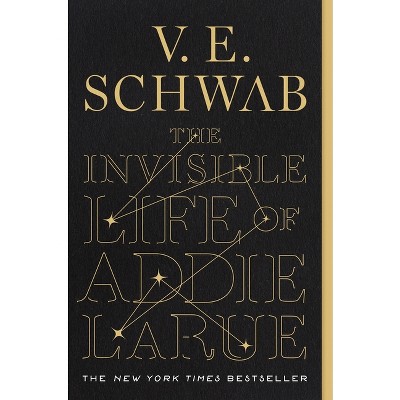
$11.25
was $12.59 New lower price
Buy 2, get 1 free select books, music & movies
4.4 out of 5 stars with 19 ratings

